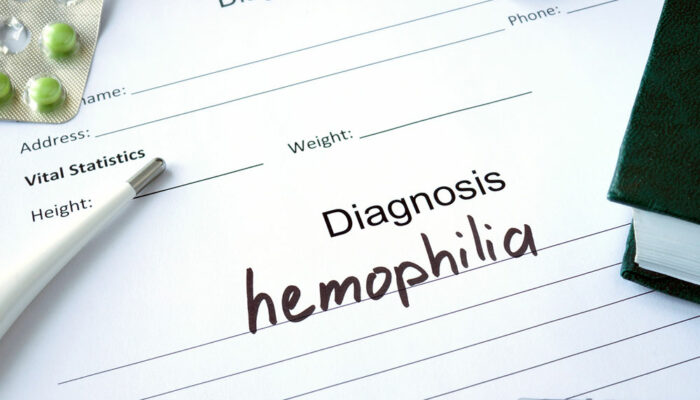
Early Warning Signs and Diagnosis of Nasal Polyps
Nasal polyps are benign tumors that form inside the nasal passage. A person may have one or multiple nasal polyps clumped together, obstructing their airways and making it difficult to breathe. Many people often continue to suffer from this condition without knowing about it. Here are the early warning signs of nasal polyps that can help detect their presence and get them treated.
Nasal polyps early warning signs
1. Breathing from the mouth
When nasal polyps obstruct a person’s airways, they may have to breathe from their mouth. If one does not have a cold but still breathes from their mouth, they should consider getting examined.
2. Persistent runny nose
A persistent runny nose is often indicative of another health concern. If a person struggles with a runny nose without related symptoms of cold and flu, it may be due to nasal polyps. While allergies may flare up the nose, they can also enlarge polyps, if any, making the symptoms more discernible.
3. Continuous blockage in the nose
The presence of nasal polyps can block a person’s nose, creating a feeling of perpetual stuffiness.
4. Sinus infection
If a person suffers from a chronic sinus infection, they must get tested as it may infect their nasal polyps, causing the airways to hold more mucus.
5. Loss of smell
When nasal polyps accumulate inside a person’s nose, it blocks the membranes that help identify different smells. So, if one feels that their olfactory senses are not working the way they should, it’s time to get tested.
6. Headaches
If a person frequently experiences dull headaches, it must not be dismissed as sinus-induced pain. Nasal polyps can put immense pressure on one’s nasal passages, triggering persistent headaches.
7. Snoring
Even though there are many reasons for snoring, it is also a sign of nasal polyps. Polyps can constrict a person’s airways, creating a vibration every time one breathes in and out. Cold and allergies can worsen snoring by flaring up the nasal blockage.
Nasal polyps diagnosis
The diagnosis of nasal polyps involves examining the patient’s nose. However, the doctor may request additional tests. Some of them are mentioned below.
1. Allergy test
Allergy skin tests help identify if the allergies are caused due to chronic inflammation that may be responsible for nasal polyps.
2. Cystic fibrosis testing
Cystic fibrosis is a common contributing factor for nasal polyps. So diagnosing this condition may be the next step recommended by the physician.
3. Nasal endoscopy
A nasal endoscope allows the doctor to see inside a person’s nose and sinuses to detect the presence of nasal polyps.
One must seek immediate medical assistance if symptoms worsen, they have reduced or double vision, swelling around your eyes, high fever, or severe headaches. In addition, if a person experiences one or more of these symptoms, they must immediately consult a doctor to determine the cause of the discomfort.



